This page is also available in / Cette page est également disponible en:
![]() Francais (French)
Francais (French)
-
Evel Penguin / Polskie Radio4
Evil Penguin: *****
Polskie Radio: ****
When I first came across Weinberg 30 years ago, he was listed as Vainberg in western dictionary and the only music one could hear was on grainy Soviet Melodiya. These days, you’ll find him on major labels in the most impressive orchestral sound, if not always the most penetrative interpretation. When people ask me, ‘where do I start with Weinberg?’, I’ve had no easy answer – until now.
Weinberg’s first three piano sonatas were written soon after his escape into Russia from German-occupied Warsaw. I find them altogether fascinating – a ragbag of reminscences of café music, Bach, Hindemith, morbid waltzes and Jewish liturgy, with heavy gutturals of Prokofiev and Shostakovich creeping in.
The third sonata, dated 1946, is so Stalin-jittery you may need to take a couple of Valium after first ingestion. But this music grows and grows with repeated hearing. The Poles are reclaiming Weinberg these days and Piotr Salaczyk’s recording for Polish Radio gives just the right impression of a composer who lived in a no-mans-land of precarious survival. These are truly perceptive and informative performances.
But just wait till you hear the sighing Dutchman. I first heard Weinberg played on the cello by Mstislav Rostropovich, and fine and fiery it was. Pieter Wispelwey, who made his name as a baroque cellist, brings a quiet introspection to a pair of concertos (op 43bis and op 52) that Weinberg wrote in the terror years of 1948-52, when his father-in-law was murdered on Stalin’s orders and he was arrested on Beria’s. Weinberg retreated in his music to Polish-Jewish tropes and tunes, as if seeking solace in his childhood world, a world since destroyed. The main cello theme in the Fantasy opus 52 is a soaring, soothing lament, a melody delivered straight from the heart by a cellist of the deepest empathy.
The third piece on this album is a late chamber symphony, opus 152, rippling and rollicking with klezmer tunes for solo clarinet, among other mischiefs. The soloist is Jean-Michel Charlier, the ensemble is Les Metamorphoses, the leader is Raphael Feye and the Evil Penguin packaging is bulky and confusing. Do not be put off. If you want an entry point to Weinberg, this is it – possibly the most overwhelming, immersive and perfect Weinberg I have ever heard. In these worrying weeks of wartime savagery, it will bring some comfort and even a little joy.
For more of Norman Lebrecht, subscribe to https://slippedisc.com/
This page is also available in / Cette page est également disponible en:
![]() Francais (French)
Francais (French)


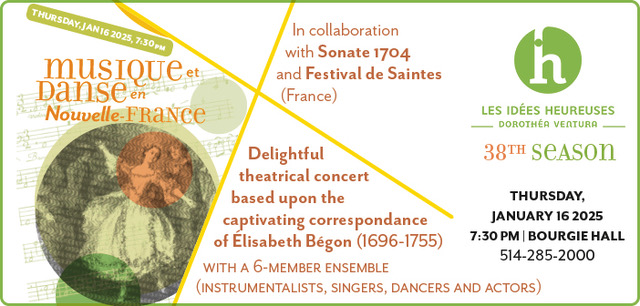
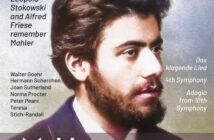
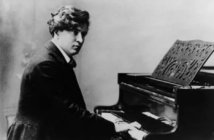
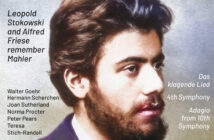
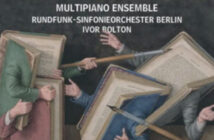







1 Comment
Pingback: Possibly the best Weinberg ever heard on record – Slipped DiscSlipped Disc – SSM